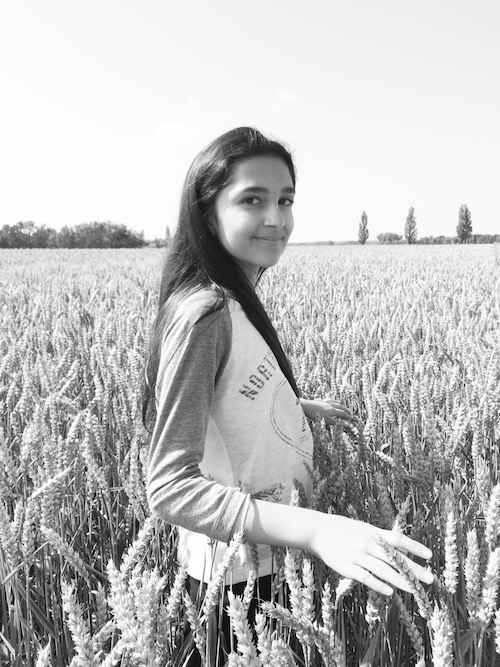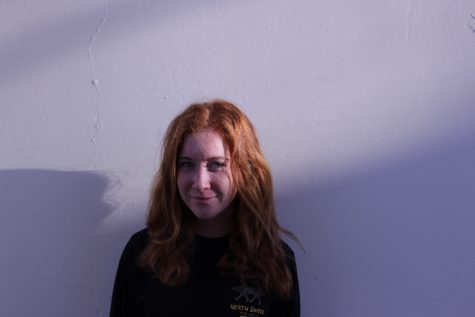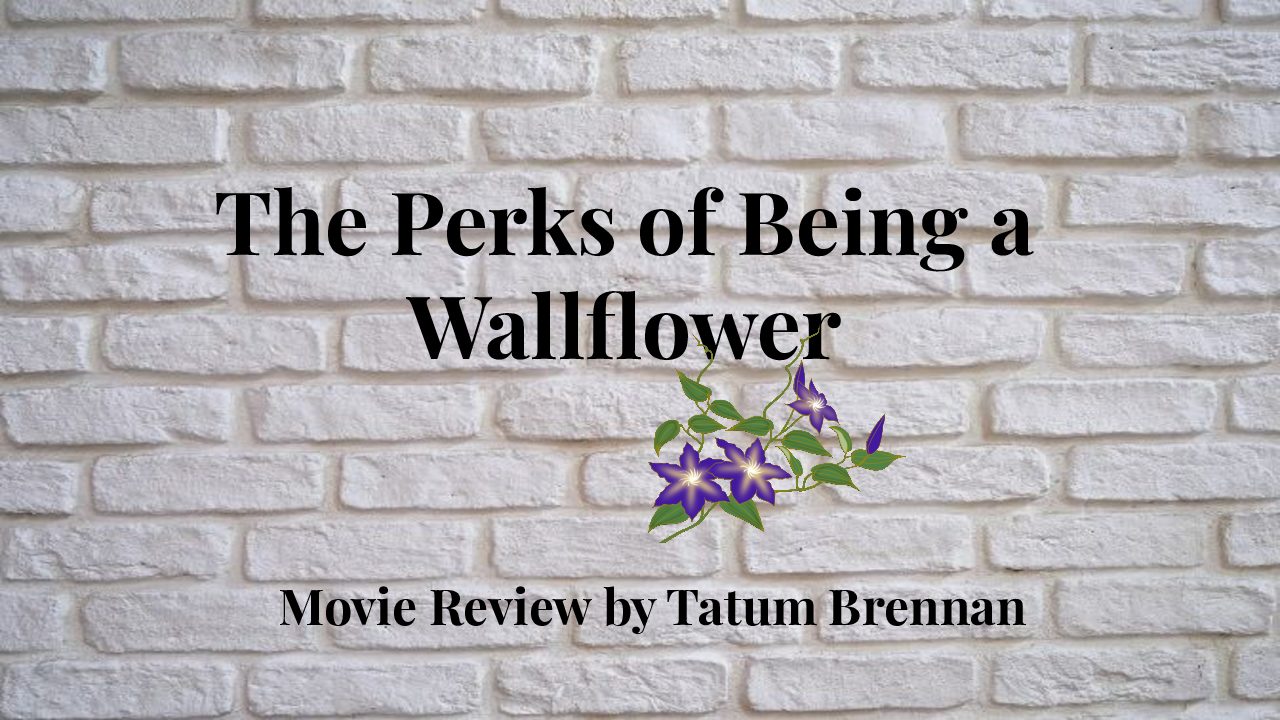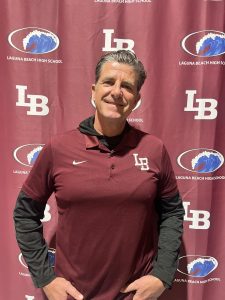LBHS Spotlight: Nessa Kiani, founder of Fabella literary magazine
January 19, 2017
Remember when Laguna Beach High School students were the Artists instead of the Breakers? Well, Nessa Kiani, an LBHS sophomore, made a stride in continuing our artistic pride online with her literary magazine, Fabella. The word “fabella,” as stated on her website, is Latin for “story” or “anecdote.” At her website, students are encouraged to submit their own stories or anecdotes, be it in the form of a poem or journalistic style piece.
“I created this website in late November as a medium of self-expression for students at Laguna Beach High School,” said Kiani. “Artists of all trades are encouraged to submit their work to keep our magazine a diversified display of student work.”
The goal is that by the end of the year, Nessa (as well as the other contributors to the website) will receive a grant from the school to print tangible copies. Once printed, the magazine and its works could be submitted to national competitions.
“Laguna Beach High School is known for its incredible artists,” said Kiani. “However, besides the school newspaper, there is no way for these students to showcase their work to the school and receive recognition. With this magazine, we aim for students to be recognized for their work in all fields of art.”
Though there may not be many available outlets for LBHS students to display their work on campus, there are the ceramics display cases in the English hall, the photography and art displays and the theater foyer.
When it comes to submissions to Fabella, students can submit any variety of literary work. As for art, as long as it’s digital, students can submit it as is. If the work is unable to be submitted in a digital form, a portfolio or a picture of the work will suffice. All submissions are welcome in the digital magazine, but when the magazine transitions into a physical copy, there will be a selection process.
“Writing is one of my many passions, and I intend to continue writing throughout my entire life. Through poetic writing, I can express my feelings, answer and ask questions, and discover the world through a different set of eyes,” said Kiani. “But, when it comes to my future pursuits, I am leaning towards coding and software development. In a different way, coding still does all of the things that literary works do for me.”
In honor of computer science education week, schools host Hour of Code events to encourage students to learn coding. Coding appears to be the so-called career of the future and is something that all people – especially students trying to discover potential future careers – should be exposed to.
Kiani hosted an Hour of Code during SDL on Thursday, Dec. 8. At Hour of Code, students learned how to use block coding – the most rudimentary form of coding – in which blocks represent chunks of code.
“A lot of today is digital, and coding essentially builds everything we do these days: the websites we use for our homework, social media databases, etc.,” said Kiani. “I also think it’s important for girls to learn coding, because right now around 75% of people inside of engineering and coding are men, and I think it’s important that girls step up and start taking these positions.”
Kiani is involved in other extracurriculars, as well.
“I became interested in coding around a year ago and taught myself, through online programs, nine different coding languages. I’ve also been interested in learning new languages and I have taught myself six different languages. Lastly, badminton is one of my favorite activities that I enjoy on the weekends.”
Kiani is currently involved in the She’s the First Club, Fabella Literary and Art Magazine and MUN; additionally, she is an outside writer for Brush and Palette. Next semester, she intends to start Girls Who Code club, secure Fabella as an authorized school club and start an International Crisis Awareness Club.
Out of all her extracurriculars, MUN is her favorite.
“Going to the conferences and discussing the great topics that we are given to research makes Model United Nations such a fun activity and class,” said Kiani. “MUN is a great way for me to improve my research skills and public speaking.”







